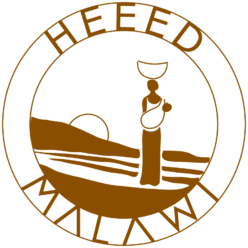The HEEED Centre, also known as the Panda Garden, is located in Chembe, and is the focus of many activities in the HEEED Volunteer Programme.
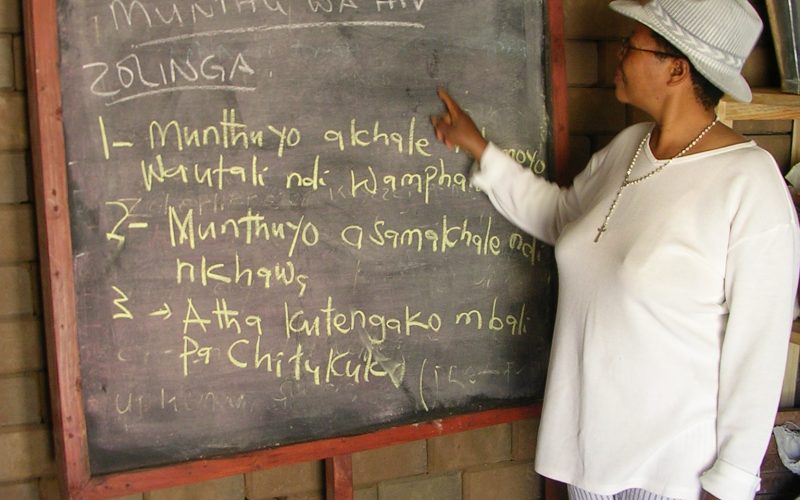
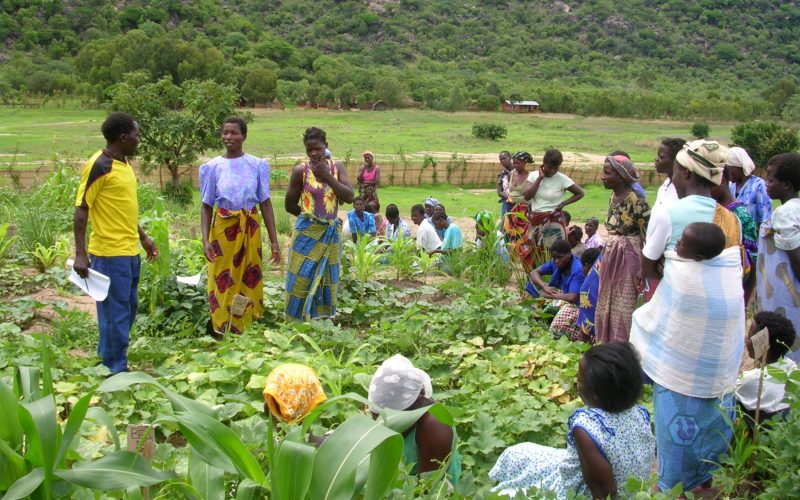
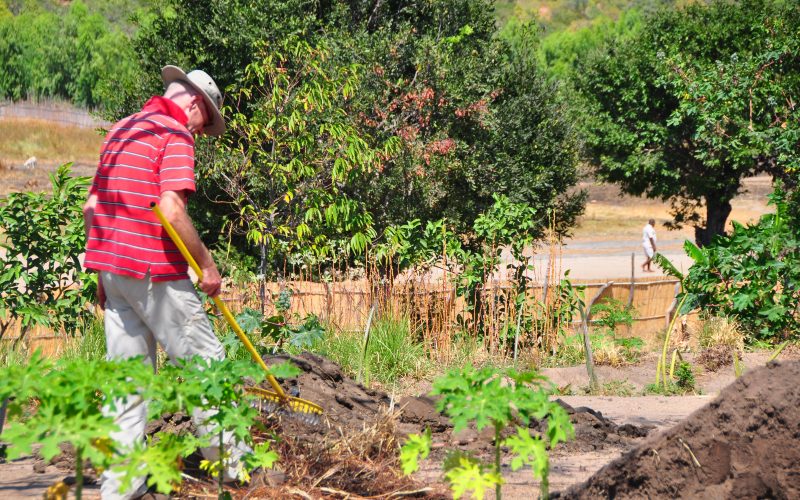
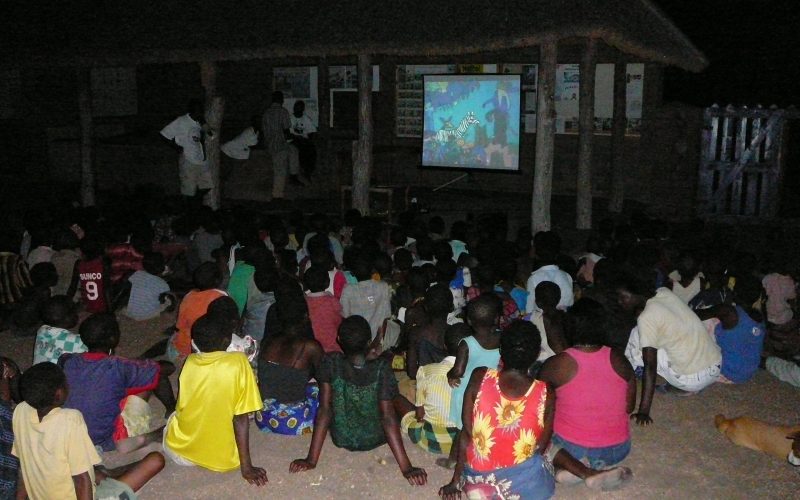
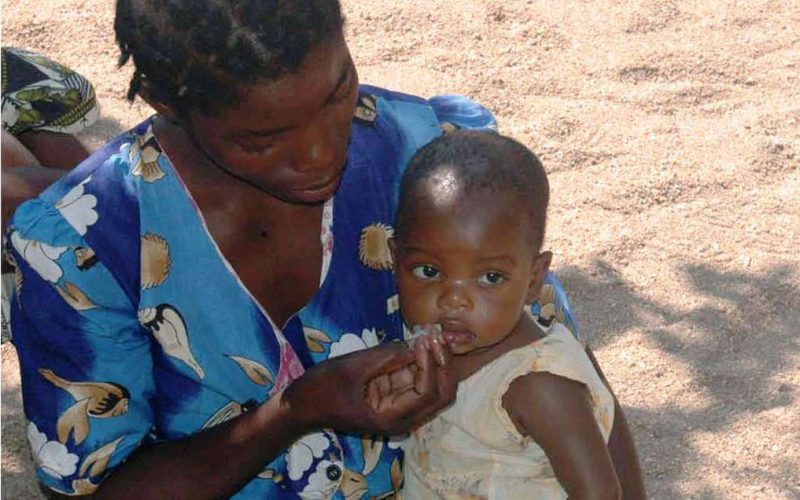
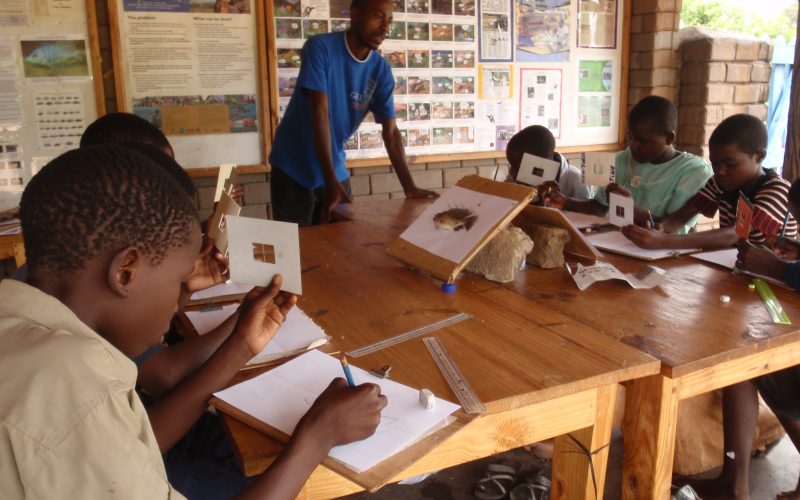
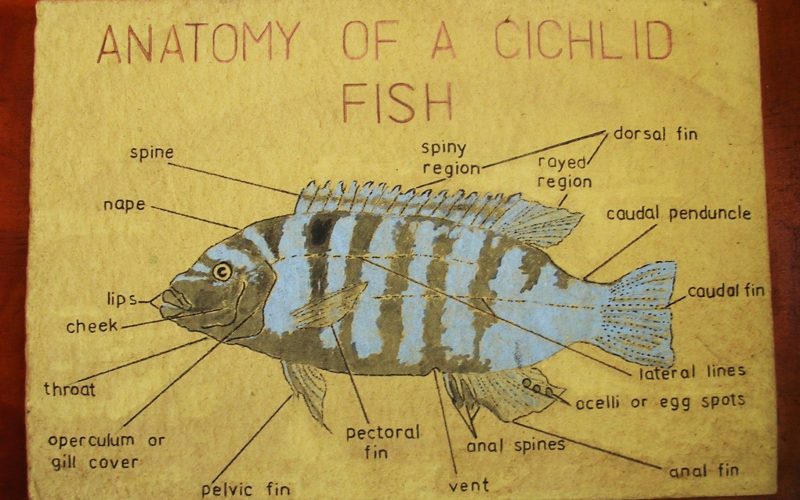
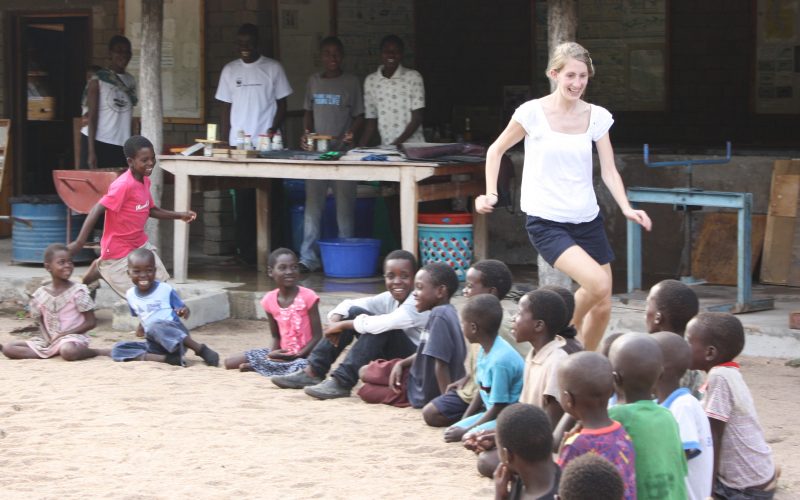
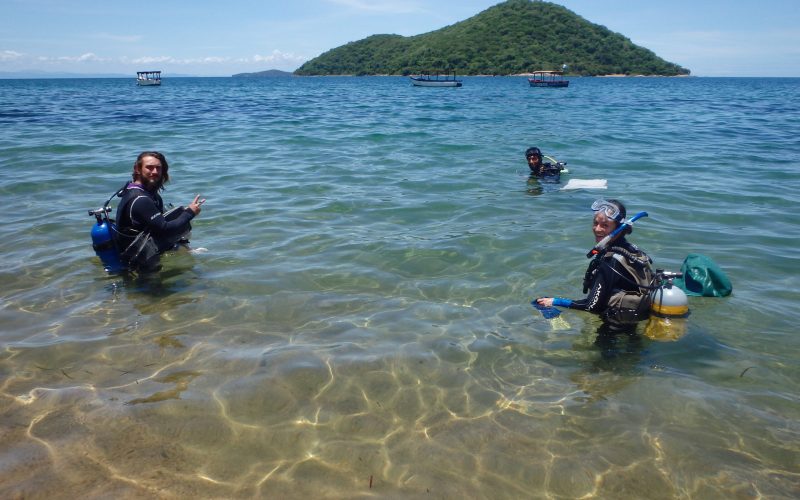
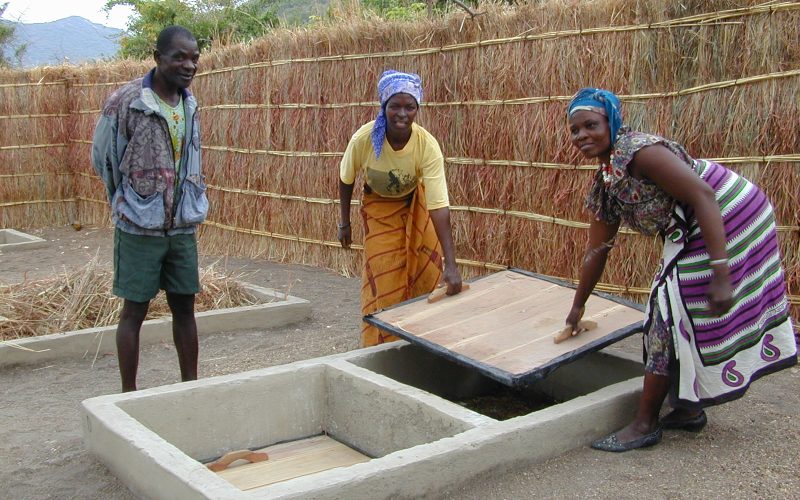
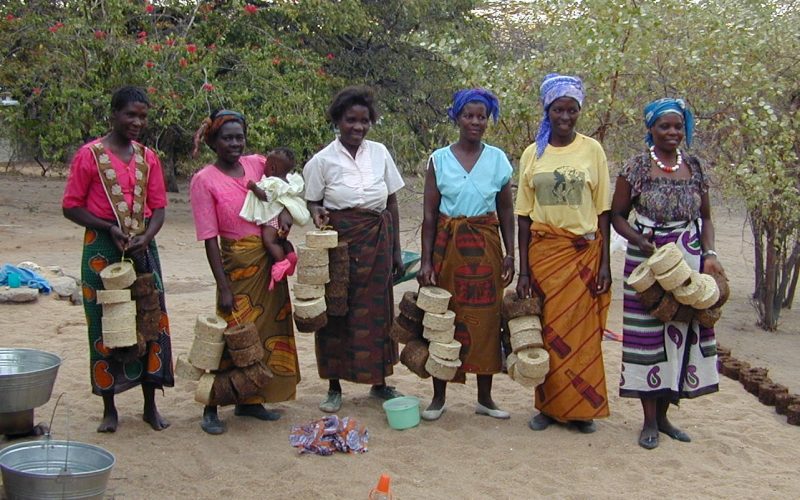
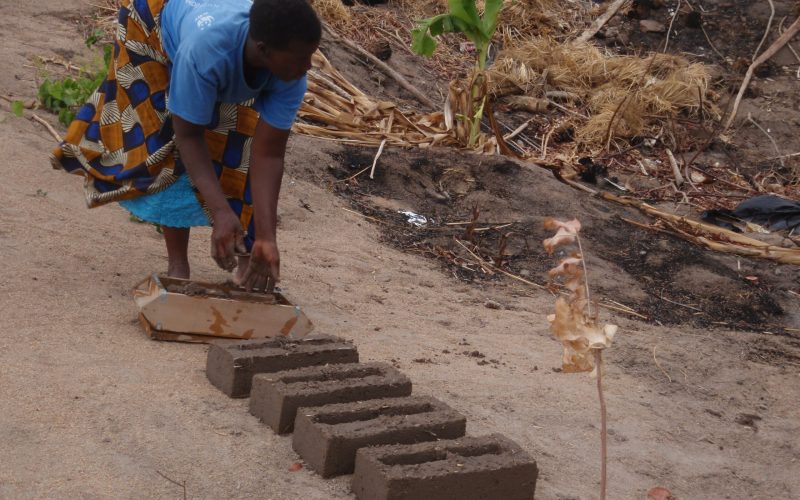
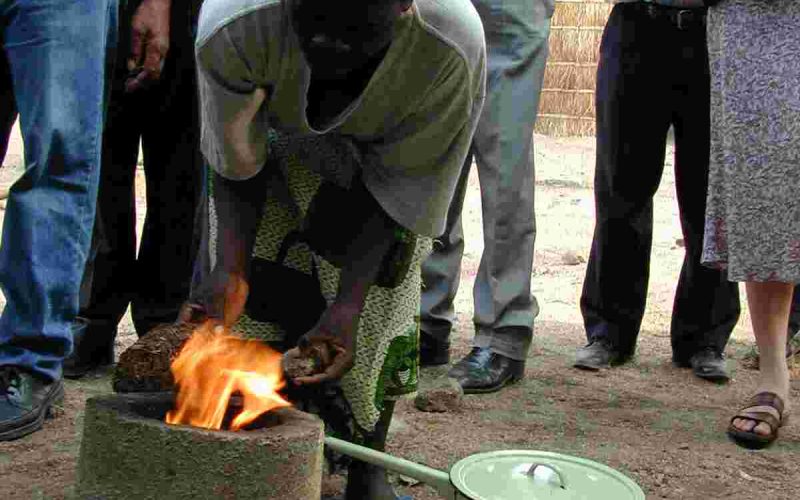
Health
Early Childhood Development Programme
19 children between the ages of 2-6 receive a daily meal, a fortified Likunipala Porridge, 5 days a week. On top of this feeding program, an English teacher and her assistant teach and read to them in English from 7 am to 11am. These children have each been orphaned due to family illness, and are taken care of by family members other than their parents. Volunteers can assist in managing the children as well as reading to them, playing, and facilitating creative activities. The programme is currently funded by University of North Carolina Charlotte, USA.
Home Based Care
Within Chembe Village, 22 families who are particularly needy due to factors such as HIV/AIDS, other illness and poverty – receive practical assistance twice per week. Volunteers can assist in this programme by helping family members with chores, such as light cleaning, fetching water and nutritional advice. This is also a great time for you to practice your Chichewa!
Bilharzia Snail-Sampling
Data collection, research and health/environmental education are the basis for this activity – by helping HEEED staff “test the waters” and learn how to sample the waters (around lodges) for the bilharzia vector. This parasite lives part of its cycle in a small snail as well as in humans, lowers the immune system and recent studies have shown this debilitating disease to be linked to the higher prevalence of HIV and AIDS along the lake-shore. Volunteers can track and monitor the changes of the parasite in the area through experiments done with the data collected. This information is provided to the local community and can be used as an educational tool to raise the awareness on the cause and effects of bilharzia.
Education
Teaching at Chembe Secondary School
Following a MOU with Chembe Secondary School, qualified university graduates can assist in teaching the following subjects within the present curriculum: English; French; Mathematics; Biology; Chemistry; Physics; History and Geography.
There are a total of more than 200 students, from Form 1 to Form 4, for only 8 Malawian teachers, hence the need for volunteer teachers. HEEED liaises with the local Headmaster in order to establish the time-table for the HEEED Volunteer assistant teacher. Computer-training could also be considered as a subject, as well as overall health issues, including bilharzia and HIV/AIDS.
Apart from standard Ministry of Education text books on these subjects, HEEED could provide “ The Hiding Hyena” as an educational cartoon booklet, using cartoon wild-life characters , seeking to eliminate HIV and AIDS among young people. HEEED could also provide relevant photocopied texts from the HEEED/GoM publication “Lake Malawi National Park – UNESCO World Heritage Site” which gives detailed descriptions of this biological wonder.
Adult Literacy
Lead English classes with adults who are interested in improving their English comprehension.
Art Education and Creative Recycling
HEEED Art Centre oversees Art and Environment weekly classes for 10 Chembe Primary School children and Advanced Art classes for 12 Chembe Secondary School students during the academic year.
HEEED Handicrafts produces (saleable) hand-made paper products from recycled waste paper (books and cards), crocheted bags from plastic waste, bottle-top baskets, tumblers from bottles, and much more! Volunteers who are particularly creative will thrive here, and we welcome your artistic knowledge into this programme.
Environment
Mud-Stove and Fuel Briquette Production
The overall aim is to reduce deforestation in neighboring Lake Malawi National Park. Mud-stoves, made from a mixture of mud and vetiver grass, reduce fire-wood consumption by 2/3 and are being constructed in different parts of Chembe village. Fuel briquettes, a sustainable alternative to firewood are made from chopped vetiver grass and leaves.
Volunteers can assist in the production of fuel briquettes and mud stoves, oversight of the operation, as well as leading instructional demonstrations to educate the community on this eco-friendly form of cooking and reducing wood use.
Nutrition & Cultivation
HEEED has developed a nutritious menu, using locally produced vegetables and protein and encourages organic gardening , without the use of artificial fertilizer. This is an activity that HEEED volunteers could participate in/liaise with Home-based Care and Early Childhood Development Programmes. There is always work to be done with garden upkeep, records related to planting, harvesting and using our land as an educational tool. HEEED Staff members and the community are encouraged to cultivate small plots.
Aquaculture
HEEED has long recognized rampant over-fishing in the Lake is depleting stocks and that family aquaculture ponds are a sustainable source of protein. HEEED has also demonstrated that, although smaller in size – the taste of the cultivated fish is no different from the wild-caught fish in the Lake. HEEED and the volunteer can provide the technical know-how on the construction and maintenance of fish-ponds, while the plastic lining is a cost borne by the interested family.
Tree-Seedling Nursery
A variety of indigenous seedlings, also fruit trees are raised from seed and distributed freely to local families and schools. However, HEEED charges a fee to non-Malawi buyers and these purchases help to defray costs of HEEED salaries and electricity. The best time to plant a tree was 15 years ago, the second best time is now. We look to inspire more families to plant their own trees and enjoy the benefits down the road.
Cultural Mapping within Lake Malawi National Park
Assist National Park staff in locating and mapping points of local interest within Lake Malawi National Park. Within the hills and small mountains that surround Cape Maclear, there are historically significant cave paintings that have gone undocumented up until now.
Through cooperation with the National Parks Department, we plan to assist their staff by doing transect walks through the park, mapping the area with a GPS and noting our discoveries. The potential also exists for trail marking/building once points of interest have been discovered, thus increasing tourism to these areas.
Economic development
HEEED Handicrafts
A group of talented young artists produce a variety of hand-made paper products that include cards, books, business cards, gift items. Creative recycling is the hallmark of this enterprise that also provides an income to HEEED and volunteers are encouraged to participate in quality control, innovative ideas, as well as the marketing of HEEED Handicraft products both locally and overseas.
HEEED Handicrafts also organizes Art and Environment drawing and calligraphy courses for young students. Volunteers can assist in the day to day production of items, create new designs and marketing plans, or organize a village-wide cleanup to collect recyclable materials. Latterly, the abundant plastic bag waste has now become recycled into funcional crocheted bags with varying colours and designs.
